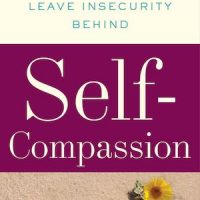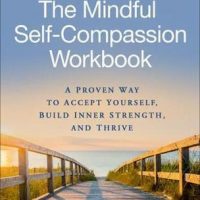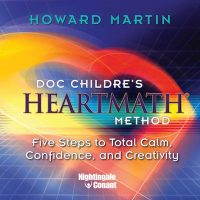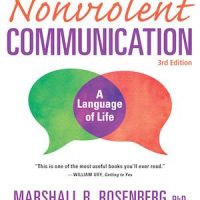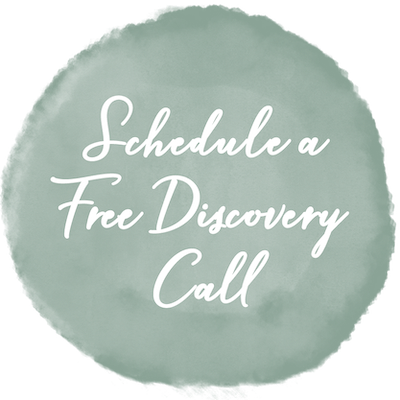There is something I have noticed with many clients in my recovery coaching work, and that I remember struggling with in my own recovery. It is also something that I don’t often see addressed explicitly in eating disorder recovery books, and that can even be fed into with how some treatment centres are run. And this is: The flip side of the eating disorder, or how our perfectionism and inner critic can take hold of our recovery efforts and present a flip side of the same coin in terms of our harsh and critical relationship with ourselves.
And this makes so much sense to me.
If we have spent the past number of years, or our entire memorable lifetimes, constantly at war with ourselves, being hard on ourselves, only focusing on ways that we are not good enough, or extremely conditional ways that we can temporarily earn our self-approval in the eyes of our eating disorders and inner critics, then it is no wonder that this is the energy living inside of us. It is no wonder that this is the relationship we have with ourselves and that it persists even as the focus may shift from being the thinnest or most successful at our eating disorders to being perfect in our recovery. And this poses such a painful, confusing, frustrating and discouraging back-and-forth, where clients so often feel that they cannot win and where recovery does not feel any better, any more free, any more joyful, any more full of life than life with only the ED did.

How can this tug-of-war play out? An example is a client who is still struggling very much with challenging their eating disorder, and is terrified of any further weight gain, yet there is a flip side to their inner critic who is also telling them what a failure at recovery they are, what a disappointment to their team they are, how they will never be recovered if they can’t follow through on the goals they set with their dietitian for the week. Yet when they try to do these goals, to appease these fears and criticisms, they are hit with fear and criticism from the eating disorder part of self telling them how fat and disgusting and undisciplined they are…. And if we as coaches and clinicians aren’t careful, I believe that we can also exacerbate this recovery inner critic and perfectionism based on how we approach goals and debrief goals completed or not, if we do not focus on minimizing shame and focusing on how gentle the client is with themself, whether they have completed a goal or not.
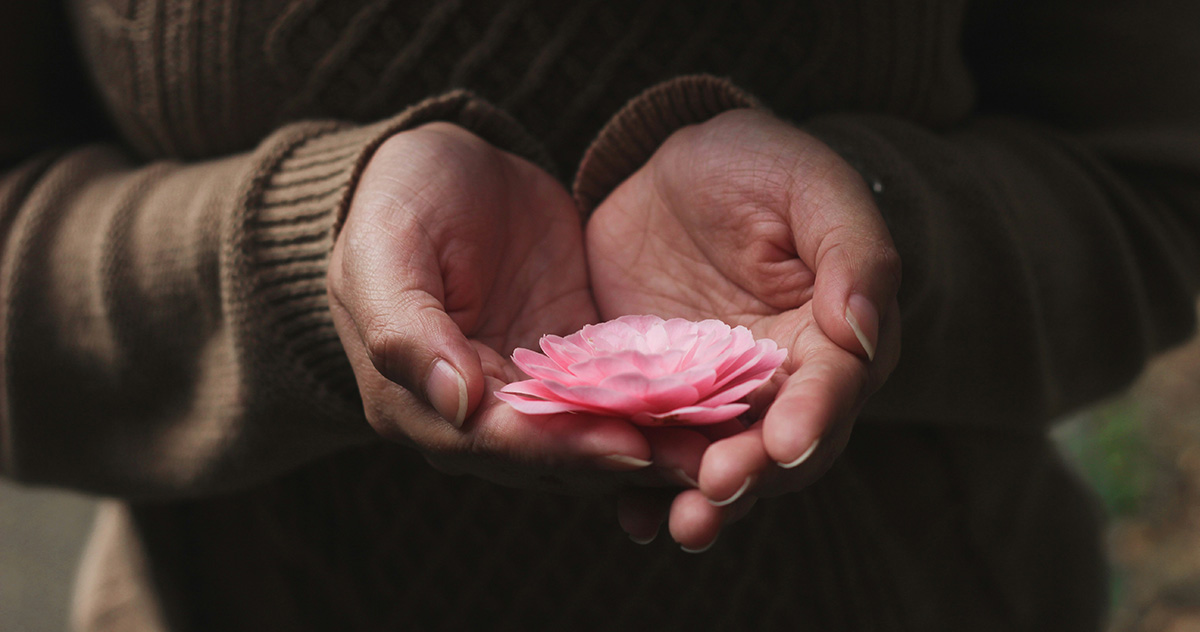
And how do I believe that this battle between the two faces of our inner critic, of our not-good-enoughness fears, can be addressed in the recovery process? I believe it is through any work that helps to soften the inner critic, that helps us to repair and rebuild, or build for the first time, a softer, more compassionate, more empathic relationship with ourselves…. ways of building a sense of self and self worth from the inside out, that builds a part of us that can recognize and stand up to the inner critic when it is berating us and scaring us, whether these messages are about fear of weight gain, or fear of failing at recovery.
Some of my favourite books that helped me during my own journey, and that I often recommend to clients, are:
- True Refuge by Tara Brach
- Radical Acceptance by Tara Brach
- Self-Compassion: The Proven Power of Being Kind to Yourself by Kristin Neff
- The Mindful Self-Compassion Workbook by Kristin Neff and Christopher Germer
- Befriending Your Body by Ann Saffi Biasetti
- Doc Childre's Heartmath Method by Howard Martin
- Non-Violent Communication by Marshall Rosenberg
There are also some wonderful guided meditations that I find very powerful and helpful (these authors have created so many, you can find the ones that resonate most with you!):
In my own journey, I also found that a meditation practice where I focused on a feeling of love in my heart was extremely healing. As well, many clients have reported finding meditation, yoga, time in nature, or other contemplative practices that help to quiet the mind and connect with a sense of themselves as a human being and not simply a human doing or a human thinking to be extremely helpful.
With so much love and hope on this healing journey,
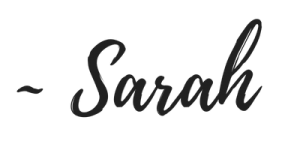
Support For Your Journey
If you feel you could use more support on your eating disorder recovery journey I would love to connect with you. Contact me to book a free video discovery call so that we can explore if working together would be a good fit. I would love to hear from you.





